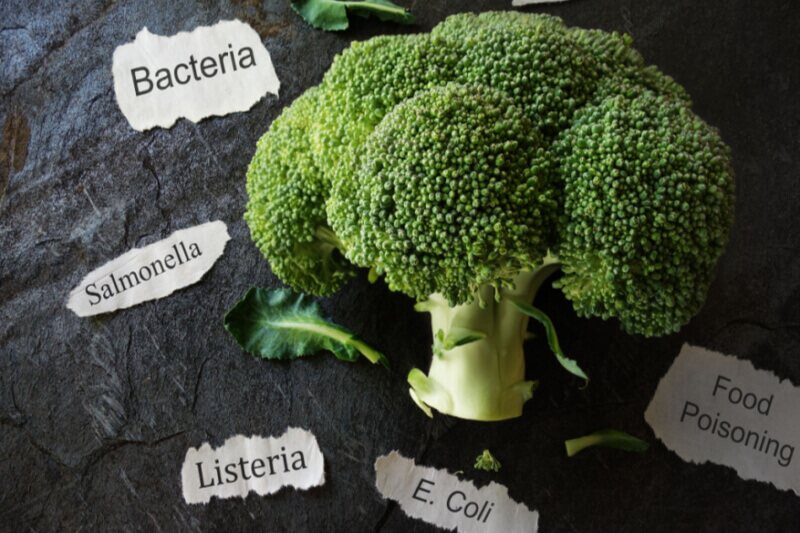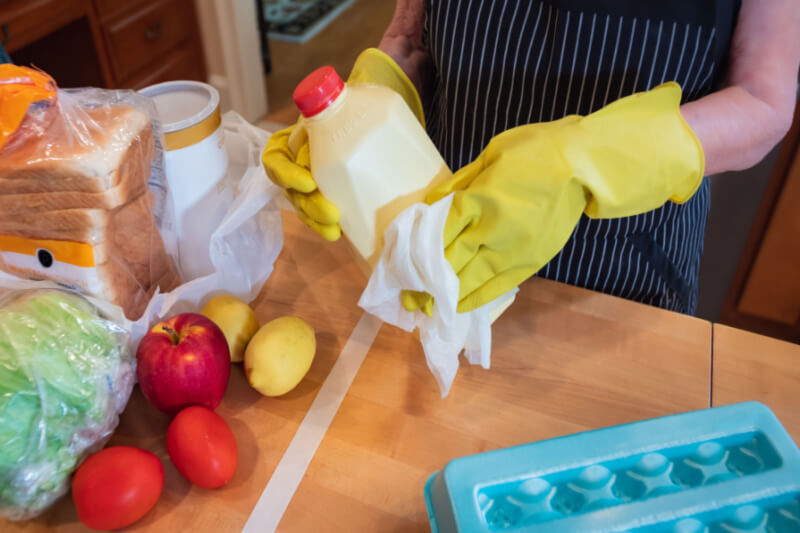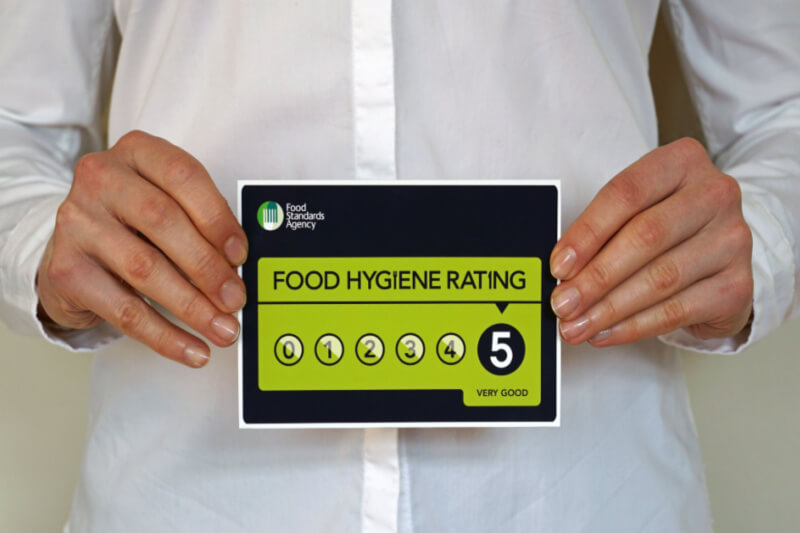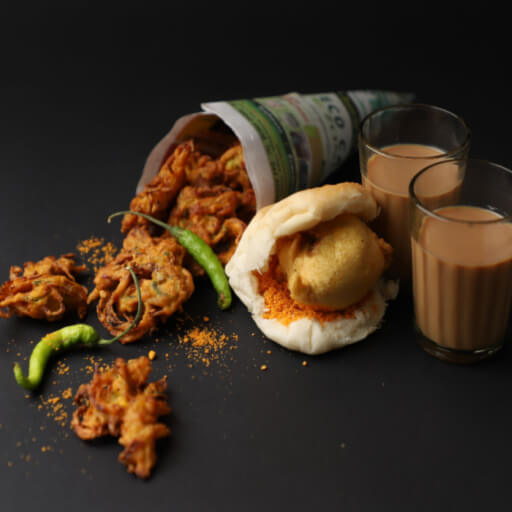Have you eaten something and then regretted it? Everyone has been there. Some foods are more associated with food poisoning and foodborne illness than others. Let’s understand the foods and dishes that cause food poisoning and how to avoid such foods.
What you need to know:
What type of foods cause food poisoning?

Foodborne diseases, or food poisoning, are infections caused by consuming contaminated food or beverages. Several pathogens, including bacteria, viruses or toxins, contaminate the food during production or storage. Raw meats, poultry, seafood, and eggs are notorious carriers of bacteria like Salmonella or E. coli. Fruits, vegetables, and unpasteurized dairy products can also carry harmful foodborne diseases.
Symptoms of food poisoning
Here are some of the symptoms of food poisoning that you might experience:
- The infection can spread to other parts of your body. Watch out for symptoms like headaches and muscle aches.
- Foodborne diseases can also cause diarrhea and vomiting, leading to weakness, dehydration, and loss of appetite. Other signs include fatigue, dizziness, and urinary problems.
- They also lead to gastrointestinal symptoms, resulting in nausea and stomach cramps.
- The infections can also cause a sudden spike in your body temperature. A persistent fever is a significant sign of a severe foodborne disease.
- Certain foodborne diseases affect your nervous system, leading to headaches, dizziness, and even paralysis. Clostridium botulinum is one such bacteria that requires immediate medical attention.
How do you get food poisoning?

Here are some of the major pathogens that cause foodborne diseases:
Bacteria
Bacteria are the leading reason for food poisoning. Some of the bacteria that cause foodborne diseases include E. Coli and Salmonella.
Bacterial causes of food poisoning include:
- Listeria monocytogenes
- Campylobacter
- Staphylococcus aureus
- Shigella
Parasites
While food poisoning from parasites is less common than bacteria, parasites from contaminated food can cause severe health complications, including tapeworms, roundworms, pinworms and Giardia lamblia (a parasitic microorganism that attacks your small intestine).
Viruses
Some viruses like sapovirus, norovirus and astrovirus can also cause vomiting and diarrhea from food poisoning.
Food poisoning treatments

Here are some of the most accessible food poisoning treatments you can incorporate to quickly get relief from foodborne diseases.
Take over-the-counter (OTC) medications
If the vomiting or nausea worsens, consult a medical health professional who can prescribe medicines to relieve the pain and keep the symptoms at bay. As a result, you should also take certain prescription medications depending on what pathogen affects your health.
Receive an antitoxin
Doctors will also inject anti-toxins to dodge C. botulinum (a severe condition that attacks your nervous system).
Rest
Get plenty of rest to fuel your immune system to fight against food poisoning diseases. Make sure you have a stable sleep cycle. Adequate rest will also allow your body to heal faster.
Adopt home remedies
Here are some home remedies you can adopt to manage food poisoning
- Add probiotics to your diet: A daily intake of probiotics can control your gut biome, increasing the number of good bacteria and resulting in a stronger digestive system.
- Follow the BRAT diet: The BRAT (bananas, rice, applesauce, and toast) diet, is gentle on the stomach. This diet can help you quickly get your nutrient level back to normal.
- Drink ginger tea: Ginger root is known to treat nausea. Drinking ginger tea will help you stay hydrated and aid your digestion.
Avoid certain foods
Certain food items are more likely to cause food poisoning, including:
- Any raw food from animals, i.e., raw eggs, unpasteurized milk, undercooked meat and seafood.
- Nowadays, manure is used as a fertilizer for growing fruits and veggies. As a result, these fruits and veggies can get contaminated with foodborne bacteria and viruses.
Be careful what you include in your diet. Adhere to proper food handling, storage, and cooking guidelines to reduce the risk of several foodborne diseases.
Stay tuned to the Activ Living Community. Keep up to date with the latest health tips and trends through expert videos, podcasts, articles, and much more in nutrition, fitness, mindfulness, and lifestyle conditions like Asthma, Blood Pressure, Cholesterol, and Diabetes.
You may also be interested in the following blogs:
- Eat These 5 Fiber-Rich Foods And Say Goodbye To Digestive Problems!
- Suffering From Foodborne Diseases? Follow These 5 Summer Food Safety Tips





 1800-270-7000
1800-270-7000









